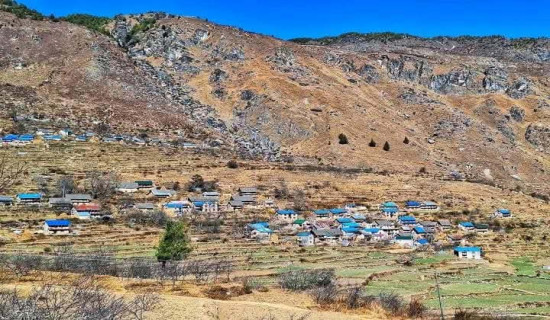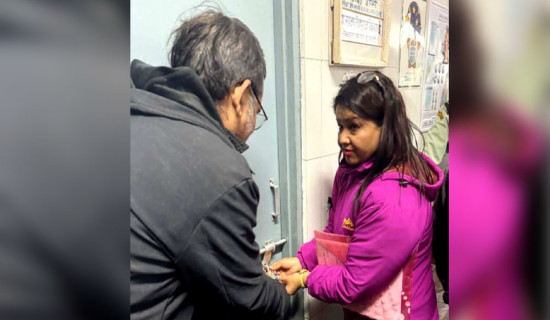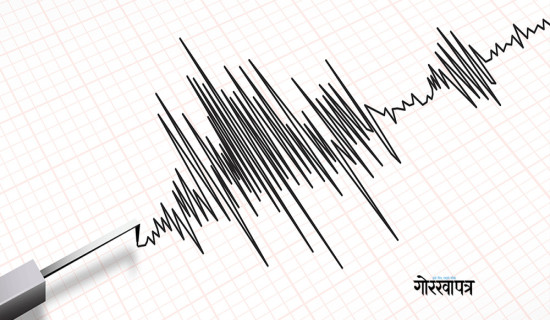- Sunday, 22 December 2024
Boost Revenue Collection
The government’s income during the first five months of this fiscal year 2024/25 has seen a modest increase. At the end of the review period (July 16 – December 14, 2024), the total income stood at Rs. 404.30 billion (Rs. 398.13 billion in revenue plus Rs. 6.17 billion under other recipients), which accounts for 27.47 per cent of the annual receipts target. Out of the total revenue, tax revenue stood at Rs. 361.13 billion or 27.39 per cent of the annual target. Of the total revenue collection target, Rs. 1,284.2 billion is set to be collected under tax revenue and Rs. 135.09 billion under non-tax revenue in the current fiscal year.
By comparison, the government collected only 25.45 per cent (Rs.362.04 billion) revenue of the annual target of Rs. 1,422.5 billion in the first five months of the last fiscal year. However, the capital budget expenditure has continued to remain woefully low, standing at only 11.58 per cent by mid-December of this year, down from 12 per cent during the same period last fiscal. Of the Rs. 352.35 billion allocated under capital expenditure, only Rs. 40.8 billion was spent in the first five months of the current fiscal.
The sluggish pace of work in the national pride projects and other projects has been blamed for the poor capital expenditure. During the review period, the government spent Rs. 404.3 billion, 27.47 per cent of the total budget allocation. The recurrent expenditure of the government stood at 31.87 per cent (Rs. 363.54 billion) during that period out of allocated Rs. 1,140.66 billion.
Amid this encouraging news, there’s no denying the fact that challenges persist. The worrying gap between the revenue collection and the recurrent expenditure is forcing the successive governments to borrow heavily to cover the shortfall, increasing the nation’s loan to GDP ratio. The nonstop growing debt burden not only threatens the country’s solvency but also tarnishes our credit rating. This may thwart our future effort to borrow money when we need it the most.
With revenue collection falling short of the target year after year, the government seems to be in no position to repay its loan anytime soon. Should this situation persist, it will be left with no option but to take out more loan even to carry out the debt servicing. As such, instead of opting for more loan, the government should go for widening its tax net. One of the most effective ways to do this is to formalise the informal sector, which constitutes the bulk of the economy. The IMF’s recent assessment that the country’s credit rating is far from distress level mustn’t lull the government into binge borrowing.
The long-standing issue of poor capital expenditure is another cause for concern. The problem has now percolated into provinces, with all provinces reeling from inability to spend a significant chunk of their earmarked budget. The implications of this are far-reaching: projects crucial to create mass employments fail to take off, leaving many youths unemployed and frustrating their dream of building a decent future out of poverty; critical infrastructures vital to create environment conducive to businesses, which can well be important source of the government’s revenue, fail to materialise; and development work suffers, dealing a heavy blow to our aspiration to graduate to the developing country status from an underdeveloped one, among many other repercussions.

















